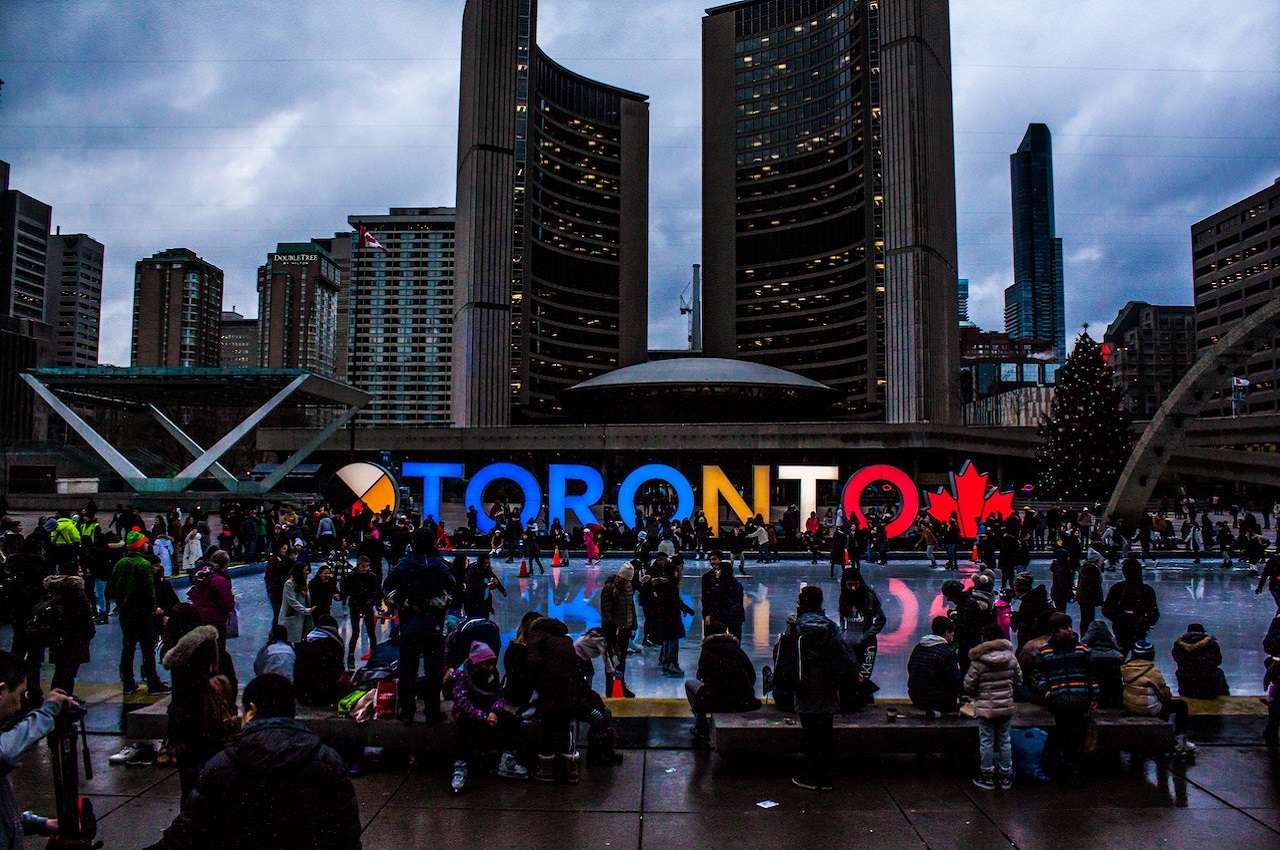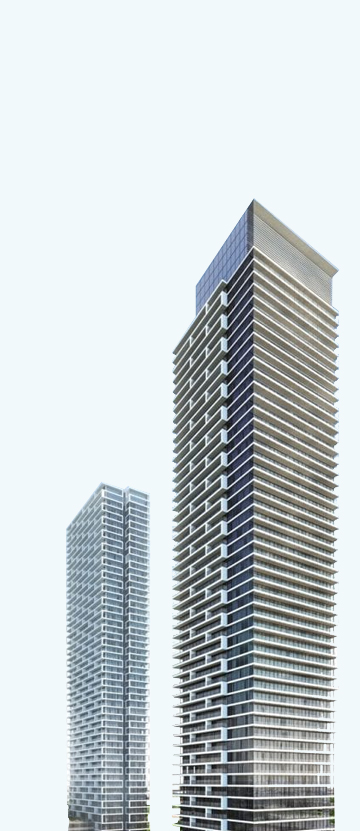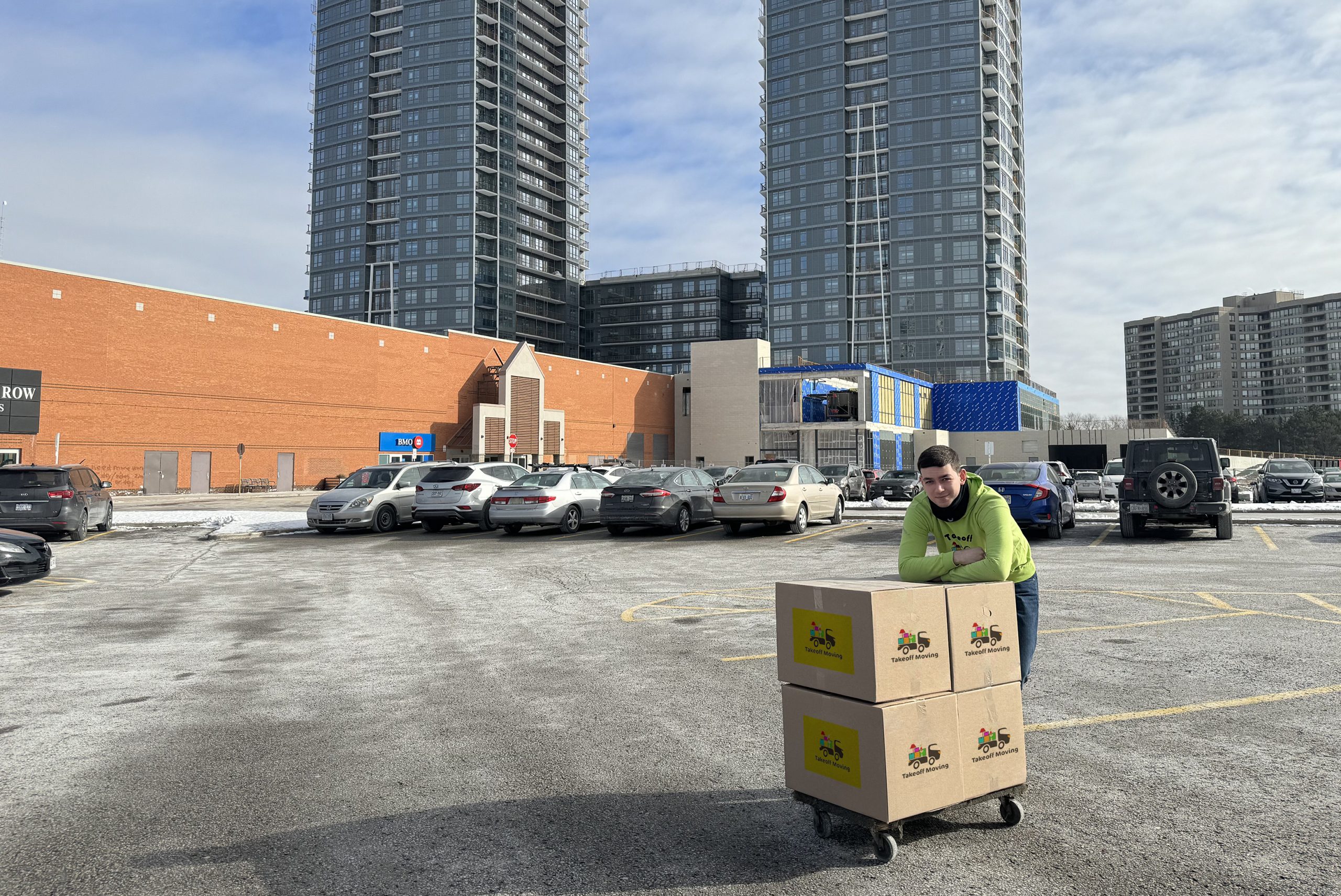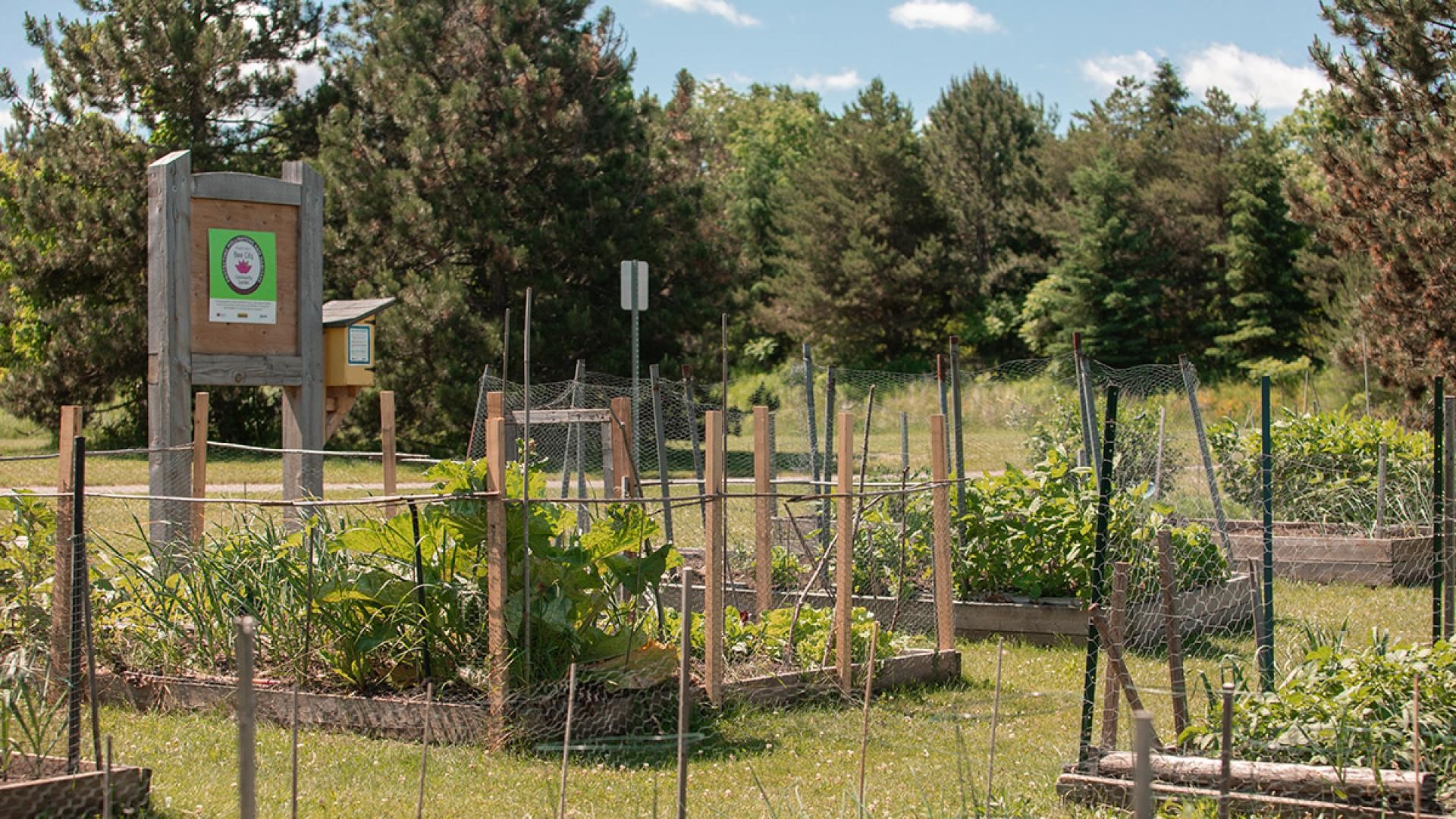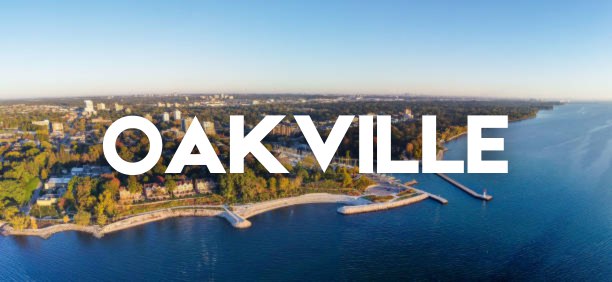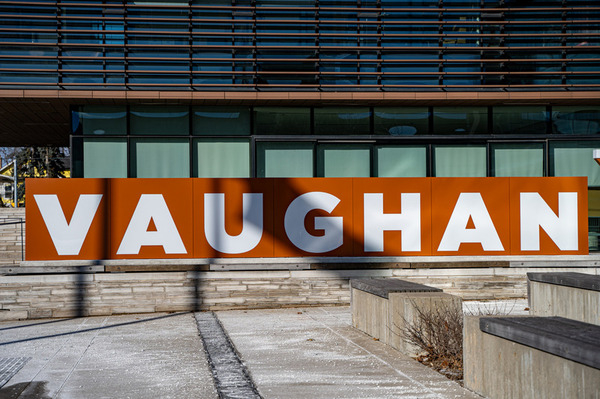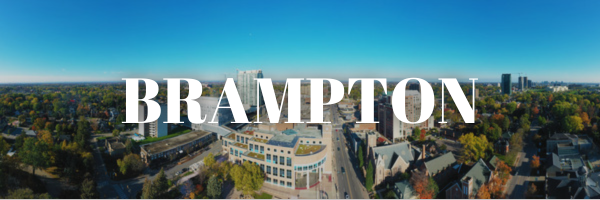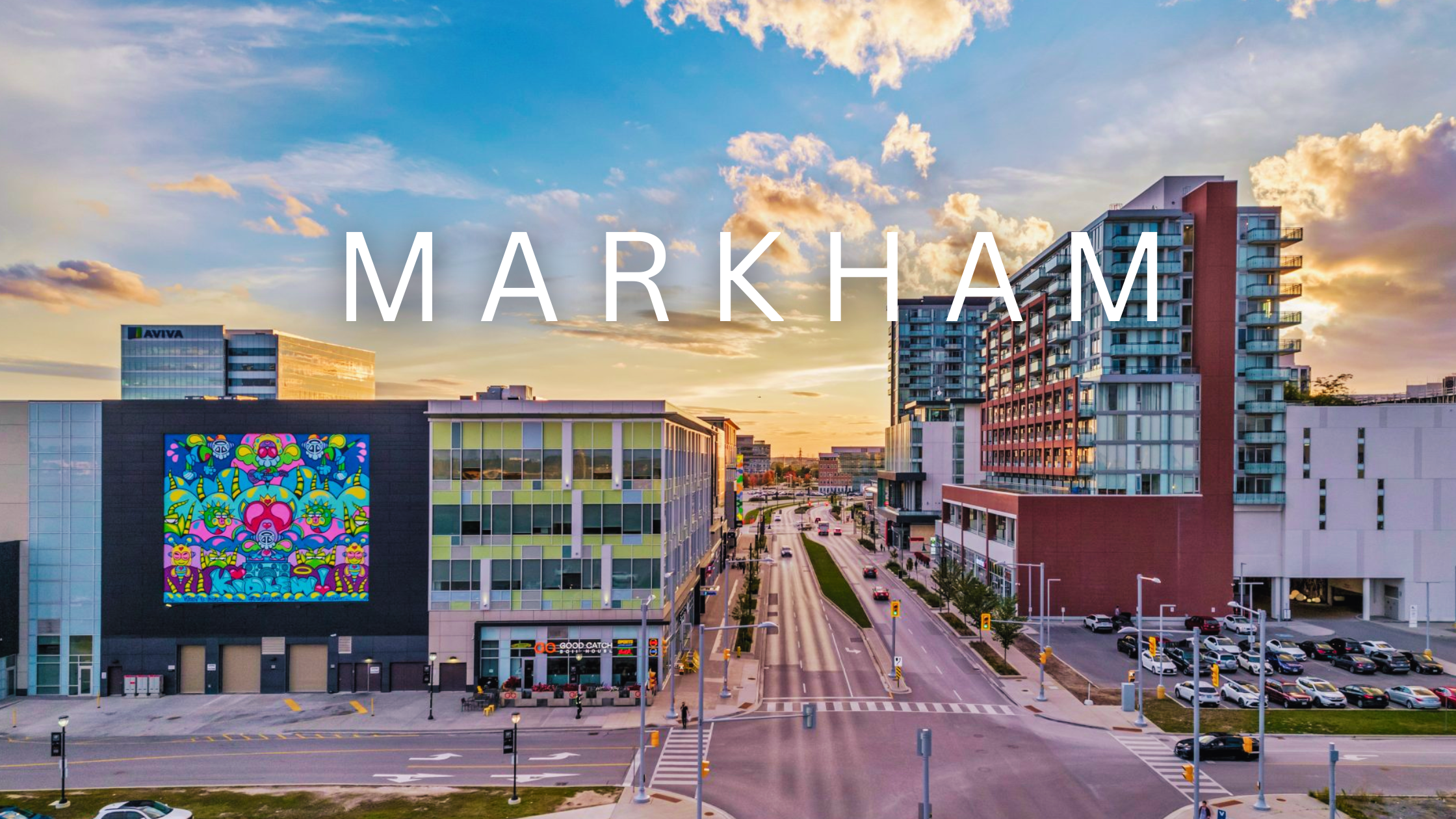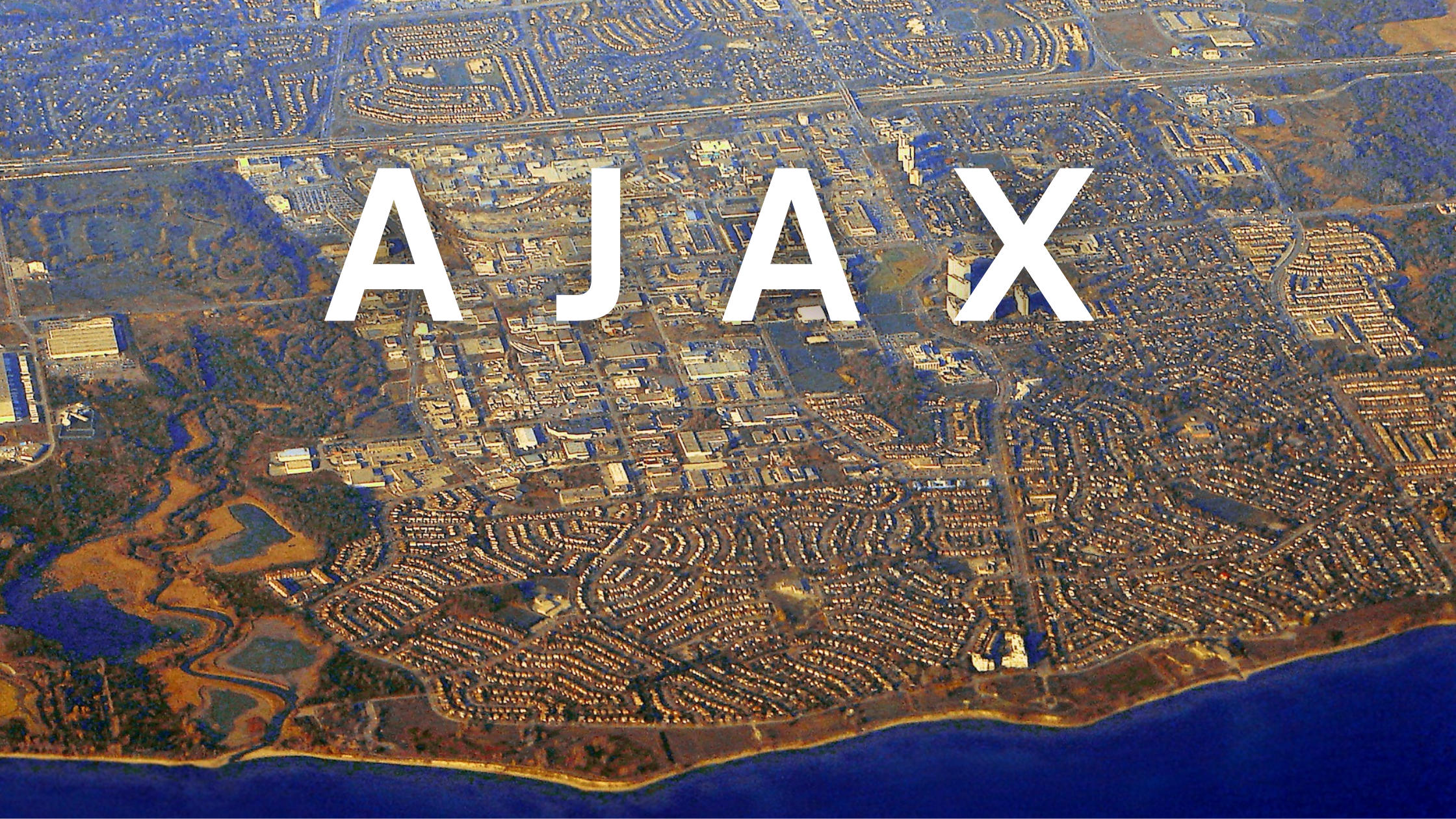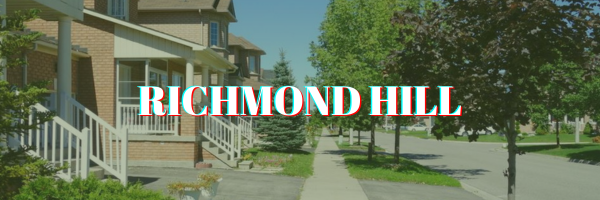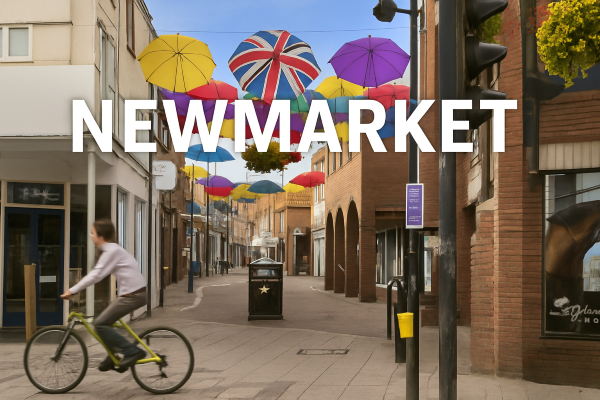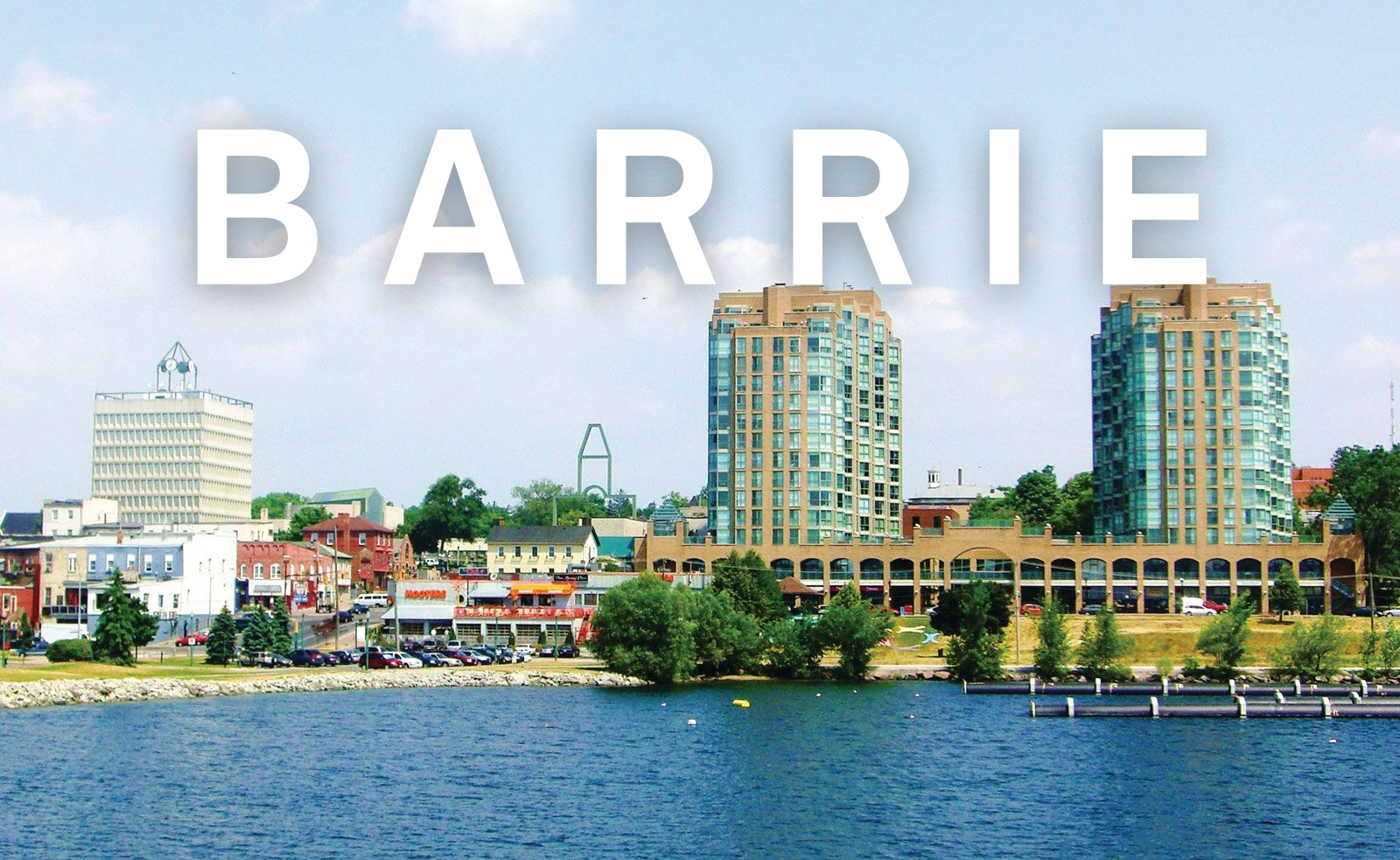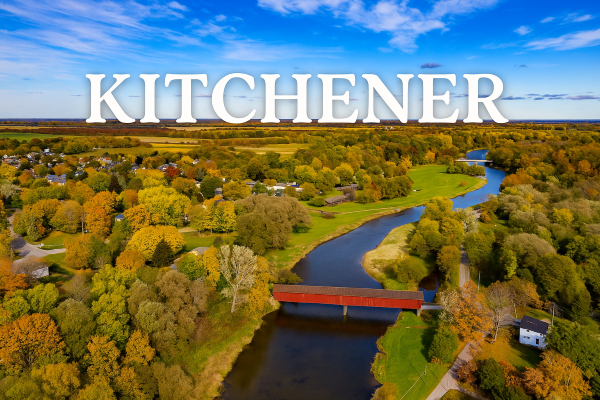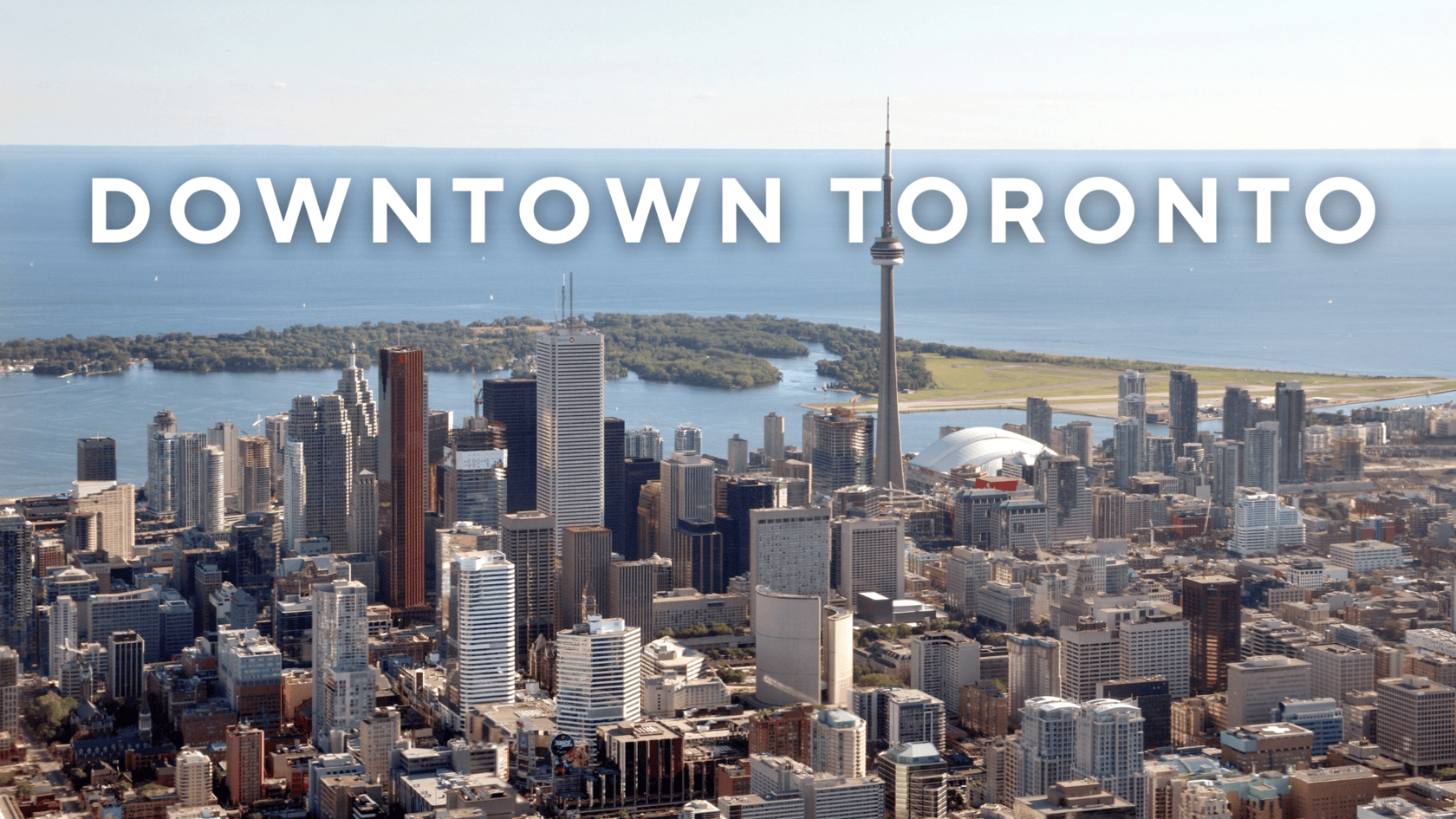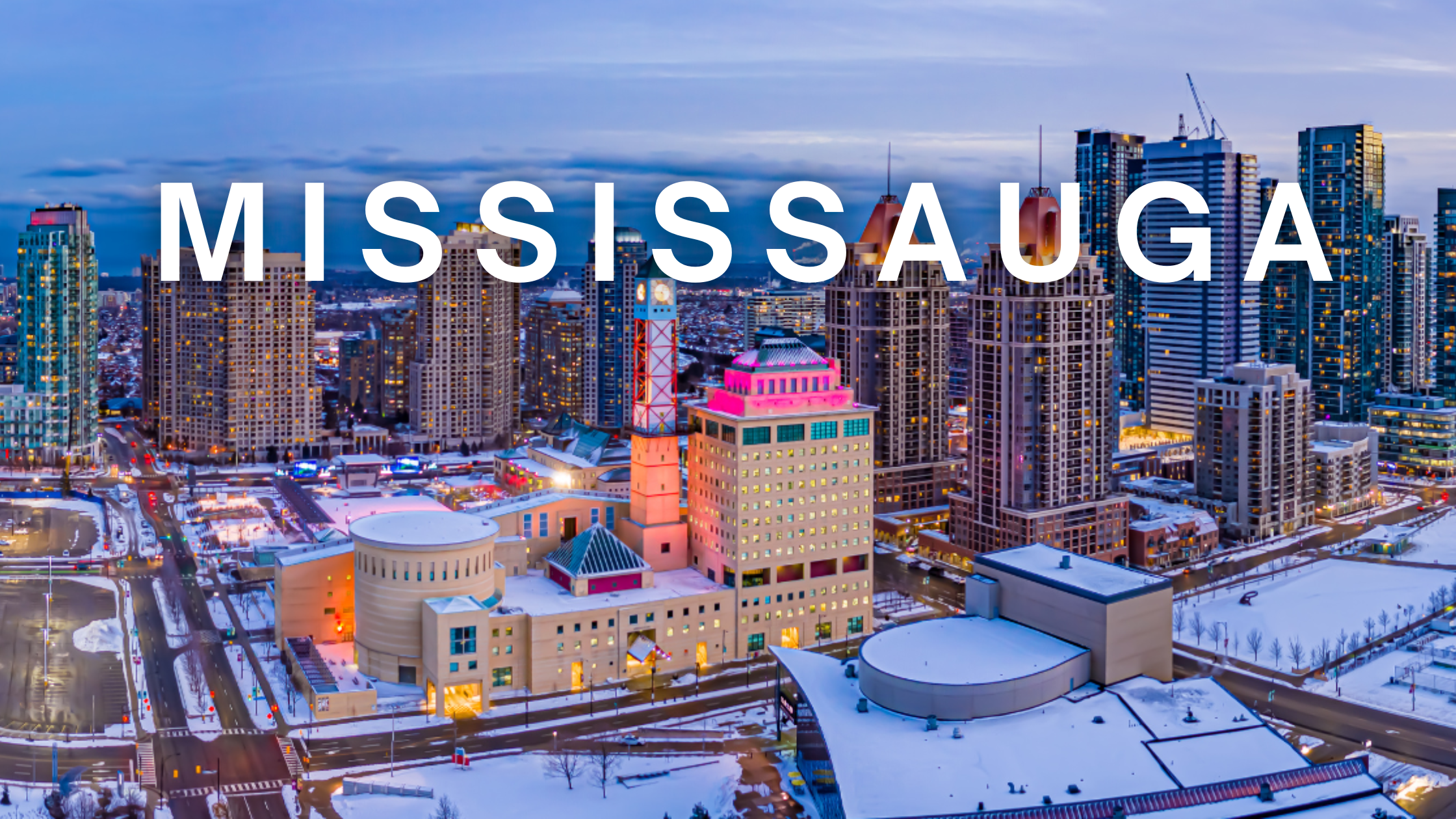
Moving to Mississauga: Finding Peace in a New Home
Moving to Mississauga? Explore the neighborhoods, living costs, schools, and lifestyle in this 2025 guide.
Source: City of Mississauga website
Welcome to Mississauga – More Than Just a Suburb
There’s a moment when you’re standing in your soon-to-be new home, surrounded by boxes, and it hits you: this is real. Whether you’re moving from another part of the GTA or from across the country, Mississauga is ready to welcome you. But what is it really like to move here? What should you expect? More importantly, what makes this city not just a place to live, but a place to call home?
The City That Has It All
Mississauga is often seen as Toronto’s quieter neighbour, but anyone who has spent time here knows it’s far from just a suburb. It’s a city in its own right, with a thriving economy, diverse communities, and plenty to see and do. The first thing you notice when you arrive? How well-planned everything is. Neighbourhoods are distinct, each with their own personality, from the modern high-rises of City Centre to the historic charm of Streetsville.
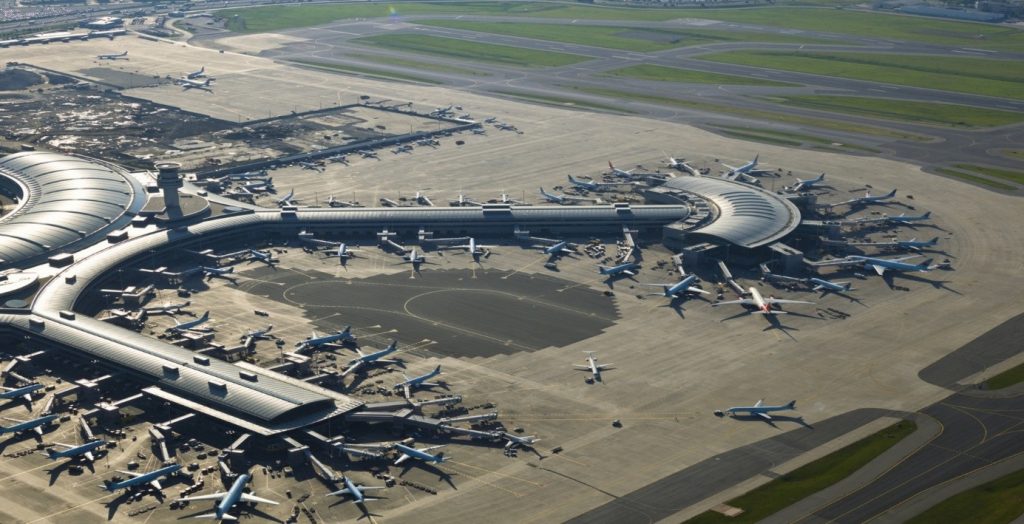
Source: TMP Toronto
And let’s talk about convenience. Pearson International Airport is right here, handling over 50 million passengers annually. Public transit? The city’s MiWay buses, GO Transit, and the upcoming Hurontario LRT make commuting manageable. Plus, with easy access to the 401, 403, and QEW, driving is a breeze.
A Glimpse Into Mississauga’s History
Mississauga’s history dates back centuries, with its land originally inhabited by Indigenous peoples, specifically the Mississaugas of the Credit First Nation. European settlers arrived in the 1800s, and the area was primarily agricultural for much of its early history. The city itself was officially incorporated in 1974, merging several smaller communities. Today, landmarks such as the Bradley Museum and the Small Arms Inspection Building serve as reminders of Mississauga’s storied past.
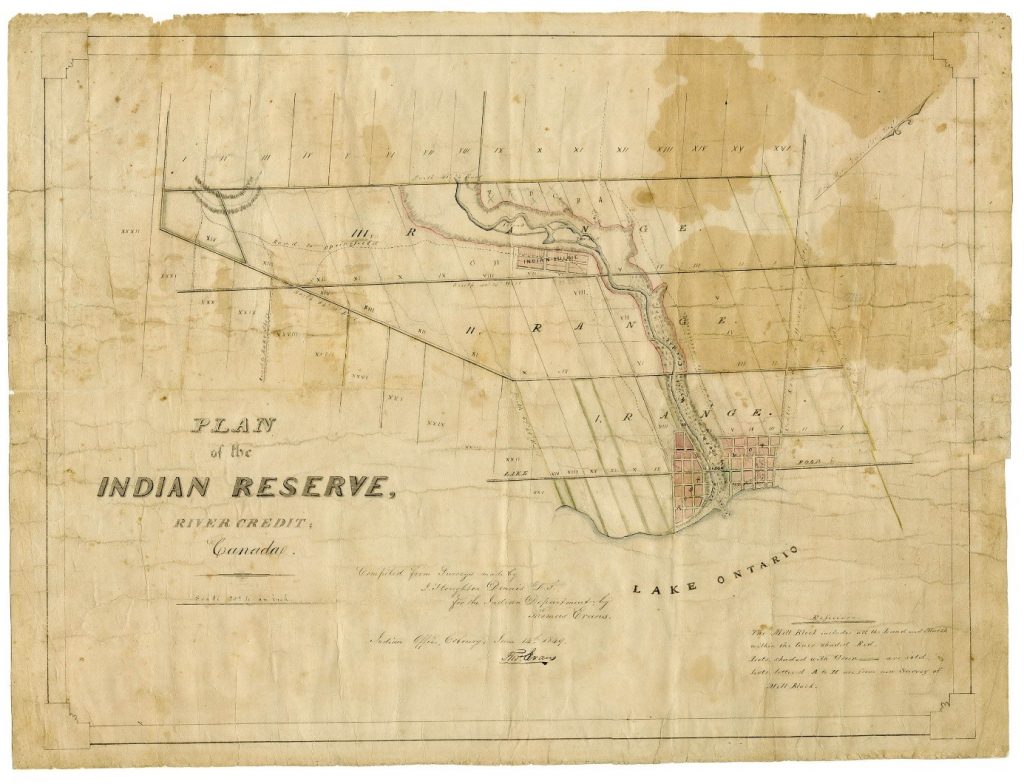
Source: The Canadian Encyclopedia
In 1820, the Mississauga signed Treaties 22 and 23. Treaty 22 promised them 200 acres (0.8 km2) on the bank of the Credit River. This map, created in 1849, indicates the land surveyed for this reserve. However, by 1847 the Mississauga had already left the area.
Cost of Living in Mississauga
Mississauga offers a range of housing options, from high-rise condos to detached homes. While more affordable than downtown Toronto, cost of living has been ever so slightly increasing in recent years.
- The average home price in Mississauga as of January 2025 is approximately $1,047,025, reflecting a 7.1% increase from the previous month but a slight 0.2% decrease year-over-year.
- Housing:
- Rent: A one-bedroom apartment in the city center averages around C$2,500 per month, while a three-bedroom apartment averages approximately C$3,800 per month.
- Purchasing: The average price for a detached home is approximately C$1.2 million.
- Utilities: Basic utilities for an 85m² apartment, including electricity, heating, cooling, and water, cost around C$180 per month.
- Groceries: A family of four can expect to spend about C$1,200 per month on groceries.
- Transportation: A monthly public transit pass costs approximately C$135.
Education in Mississauga: Top Ranked in all of Canada
Mississauga offers a robust educational landscape, catering to diverse learning needs from primary to post-secondary levels.
Top-Ranked Public Schools
According to the Fraser Institute’s Report Card on Ontario’s Secondary Schools 2024, the following are some of the top-performing public secondary schools in Mississauga:
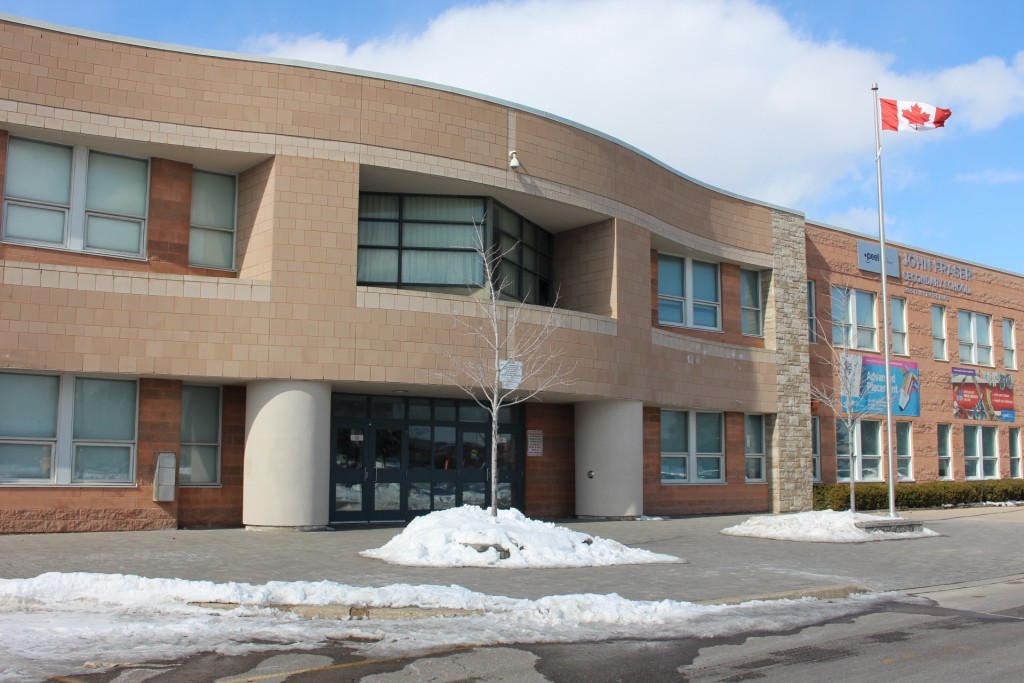
John Fraser Secondary School. Photo credit: By Randy Selzer – Mississauga School Rankings, CC BY-SA 4.0
- John Fraser Secondary School – Achieved an overall rating of 8.7 out of 10.
- St. Marcellinus Secondary School – Scored 8.5 out of 10.
- The Woodlands School – Earned a rating of 8.3 out of 10.
- Lorne Park Secondary School – Received a score of 8.0 out of 10.
- Applewood Heights Secondary School – Rated at 7.8 out of 10.
Private Schools
Mississauga is home to several esteemed private institutions, including:
These schools offer tailored educational experiences with varied curricula and extracurricular activities, and are amongst the top ranked private schools in Canada.
Post-Secondary Institutions
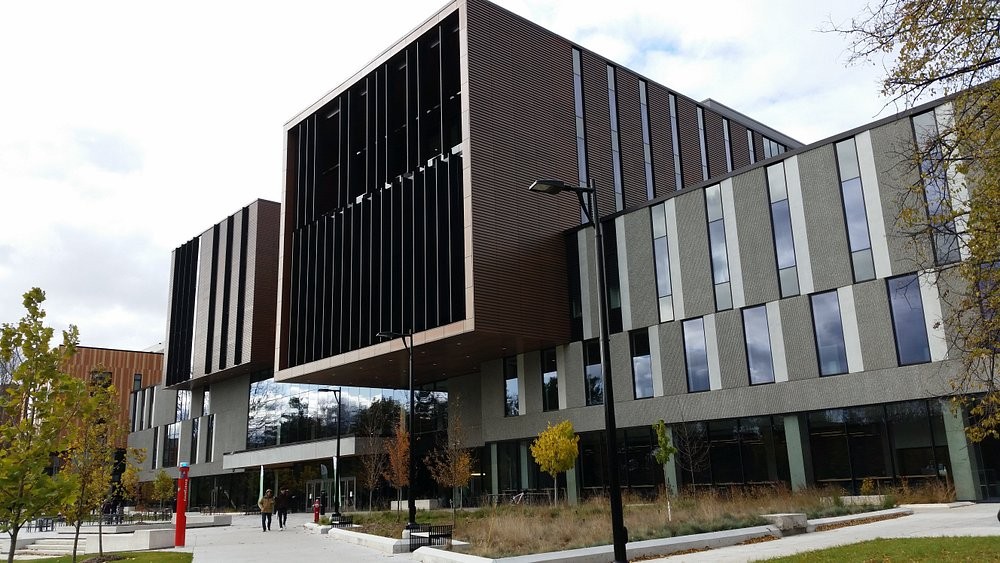
Photo: University of Toronto – Mississauga Campus
- University of Toronto Mississauga (UTM) – A satellite campus of the University of Toronto, UTM serves over 15,000 students and offers a broad range of undergraduate and graduate programs.
- Sheridan College – Hazel McCallion Campus – Recognized for its programs in business, technology, and the arts.
- Mohawk College – Mississauga Campus – Offers various diploma and certificate programs.
Weather and Lifestyle
Mississauga experiences typical Canadian seasonal changes, although it can be a bit on the colder side.
Last year, meaning in 2024, Mississauga experienced typical seasonal weather patterns:
- Winter (December 2023 to February 2024): Average temperatures ranged from -6°C to -1°C, with occasional colder spells.
- Spring (March to May 2024): Temperatures gradually increased from around 5°C in March to approximately 15°C by May, accompanied by moderate precipitation.
- Summer (June to August 2024): Warm and humid conditions prevailed, with average temperatures between 20°C and 26°C.
- Fall (September to November 2024): Temperatures cooled from about 18°C in September to 5°C by November, with variable precipitation.
For detailed historical climate data, including daily and monthly records, you can consult Environment and Climate Change Canada’s Climate Data website. Please note that weather patterns can vary annually, so consult with the data and with your moving professionals for optimal options within your planned dates.
Finding the Right Neighbourhood
City Centre:
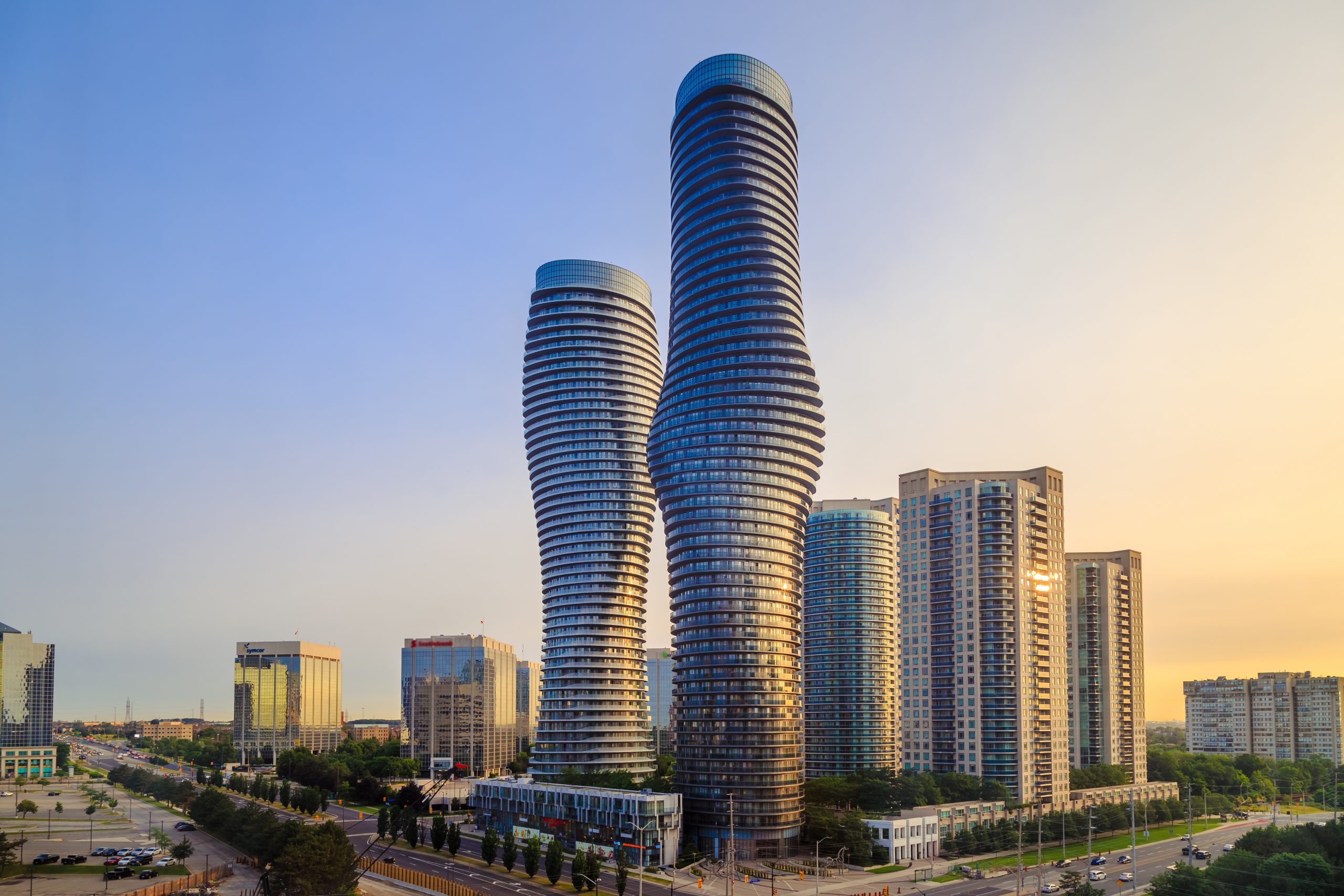
Photo: Mississauga City Center
If you love being in the heart of the action, City Centre is the place to be. Home to Square One Shopping Centre , one of the largest malls in Canada with over 2.2 million square feet of retail space, this area is ideal for young professionals and those who enjoy a fast-paced lifestyle. Skyscrapers, trendy restaurants, and Celebration Square events keep things exciting all year round.
Streetsville:
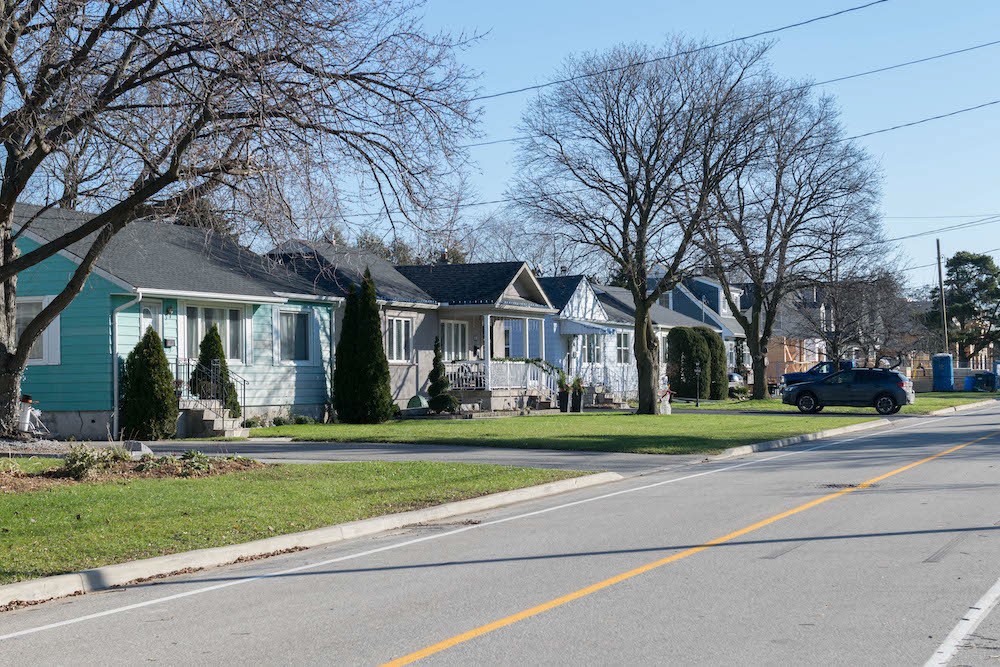
Photo: Streetsville
Mississauga isn’t all high-rises and urban sprawl. Streetsville, with its small-town feel, is proof of that. Known as “The Village in the City,” this neighbourhood is perfect for families looking for a tight-knit community. With over 300 businesses and a history dating back to 1820, Streetsville is one of the most charming areas in Mississauga.
Port Credit:
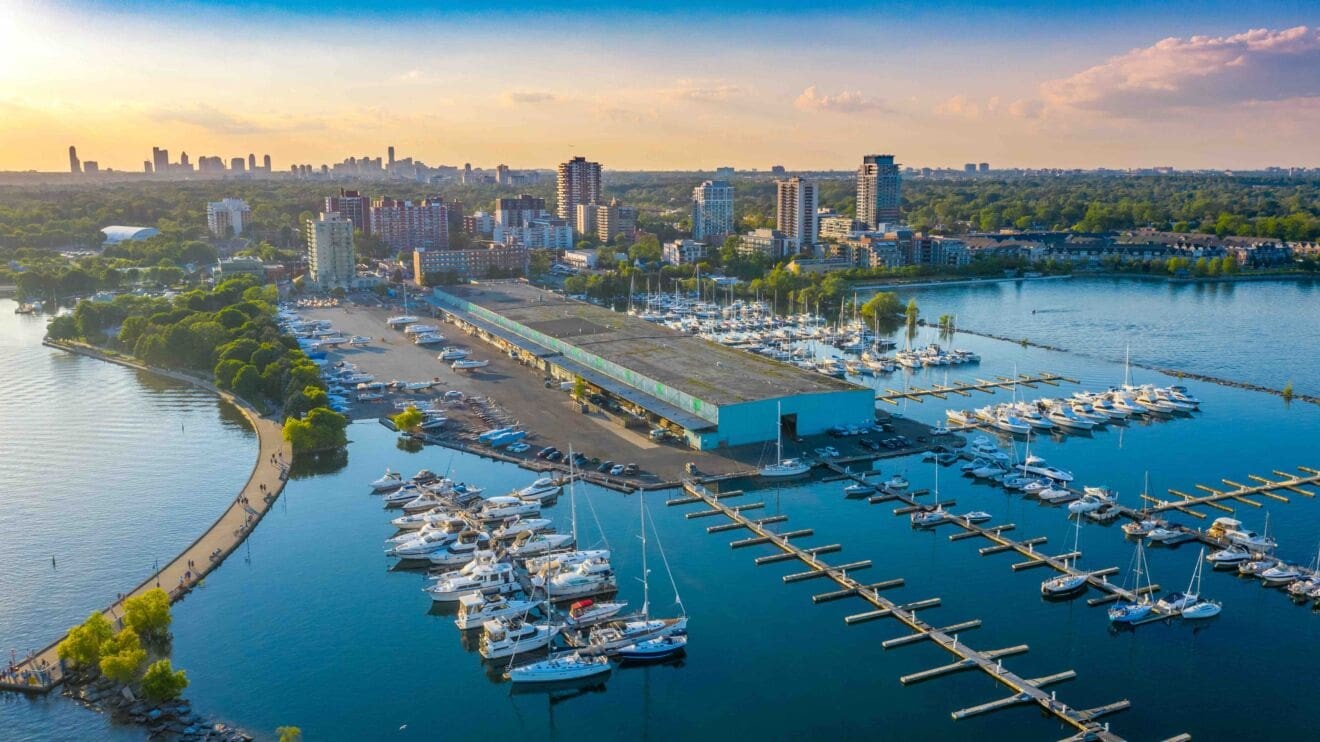
Photo: Port Credit
If the idea of living by the water sounds appealing, Port Credit should be at the top of your list. With its scenic marina, waterfront trails, and lively nightlife, this area offers a blend of relaxation and entertainment. Port Credit has been undergoing major redevelopment, including the Brightwater Project, which will add thousands of new residences and enhance the waterfront. Check out the Port Credit community.
Erin Mills:
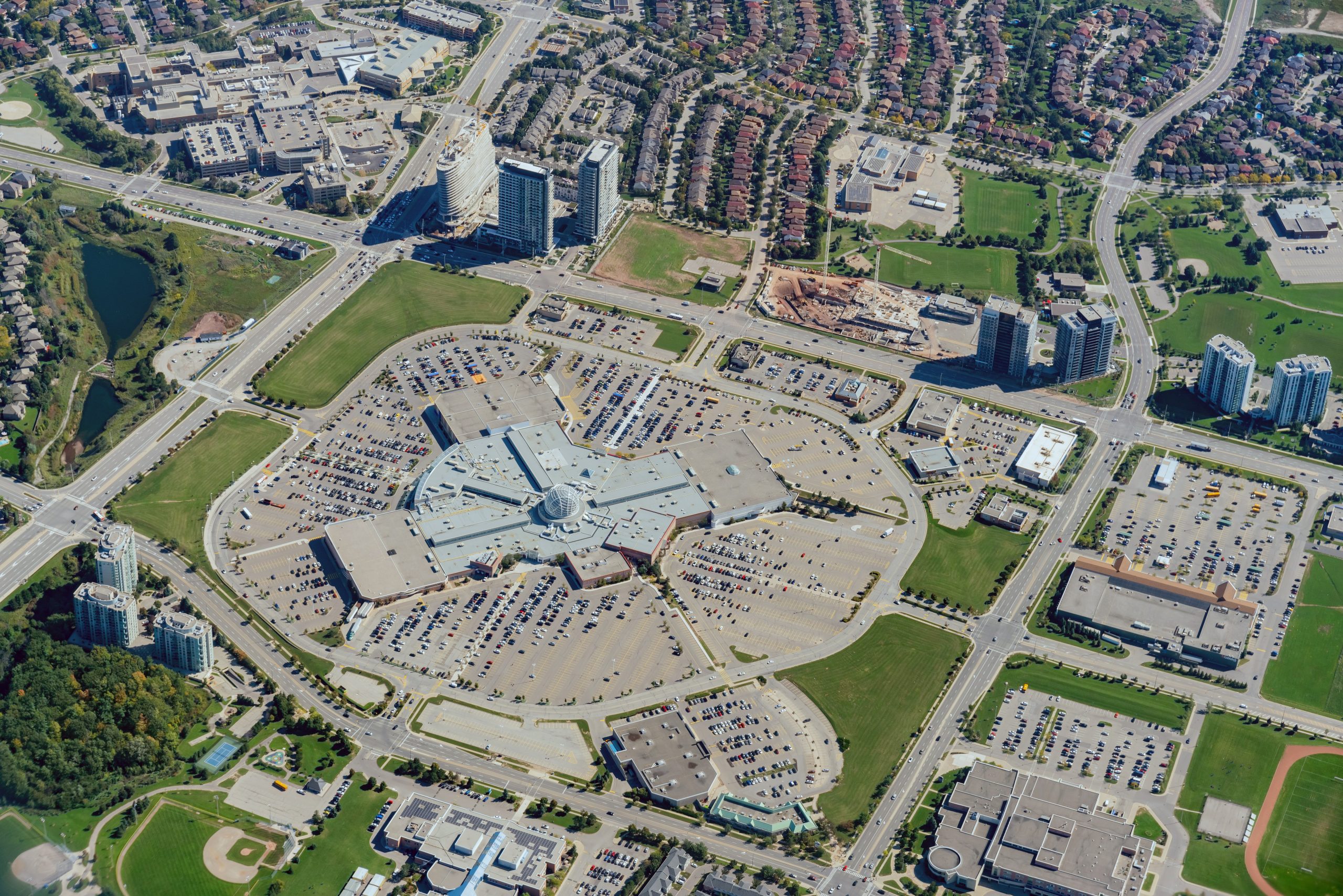
Photo: Aerial view of the Erin Mills Town Centre
For those looking for great schools, green spaces, and a family-friendly atmosphere, Erin Mills is a top pick. This well-established neighbourhood has excellent community centres, parks, and a mix of modern and older homes to choose from. With a population of over 122,000 people, it remains one of the largest communities in the city. Learn more at Erin Mills.
Final Thoughts – Is Mississauga Right for You?
Moving to Mississauga isn’t just about changing your address; it’s about embracing a new lifestyle. Whether you’re drawn by job opportunities, better housing options, or a sense of community, this city has something to offer.
Looking for professional and reliable movers? Takeoff Moving is here to make your transition seamless.





